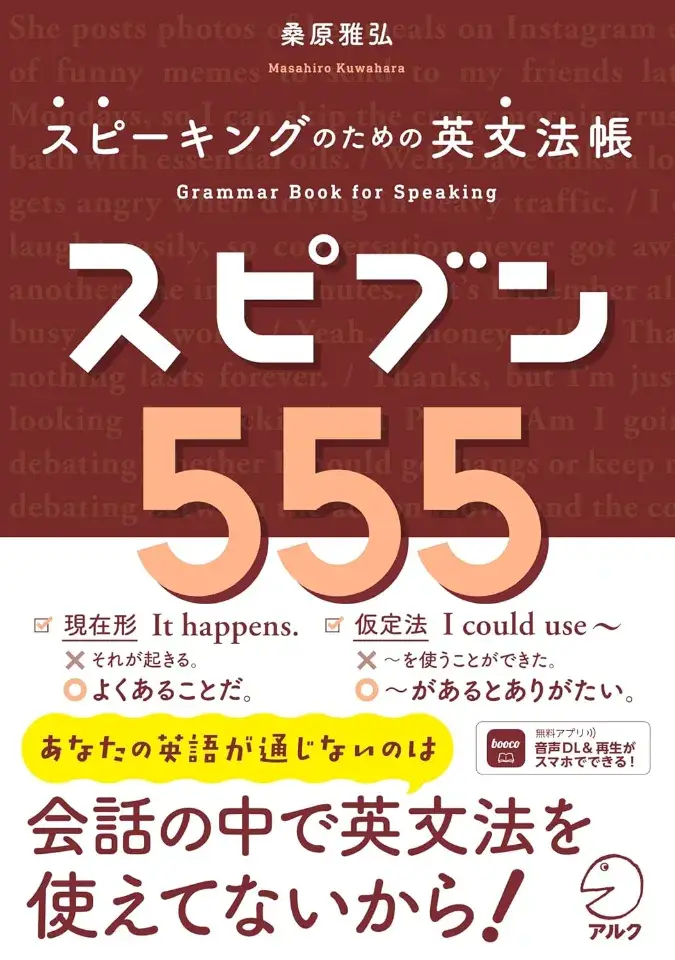
Question
Why do the Japanese like cherry blossoms?
(なぜ日本人は桜が好きなのか?)
家でも職場でも、春めいてふわふわ、そわそわ。花より団子と言いつつも、春の光の中舞い散る桜の花びらに風情を感じ、桜が大好きな日本人。紀友則からコブクロまで、桜文化の背景を見ていきましょう。
concept of all things ever-changing">諸行無常の日本文化 The Japanese concept of all things ever-changing
Some Japanese cultural traditions are often attributed to the influence of Buddhism, which famously adheres to the concept of all things constantly changing. It is said that the association of that concept with cherry blossoms dates back to the 18th-century scholar Motoori Norinaga, who regarded the natural spontaneity in feelings and spirit indigenous to Japan as important.日本の文化は、諸行無常の概念を含む仏教の 影響 と結び付いたものが多く見られます。こうした概念と桜の花が結びつきは、日本固有の自然情緒や精神を第一主義とした18世紀の学者、本居宣長に起因するとも言われているのです。
はかない桜の美しさ The ephemeral beauty of cherry blossoms
The transience of the blossoms - their beauty and quick passing - has often been associated with mortality . In that way, cherry blossoms became symbolic within Japanese culture. There are more poems written about the beauty of falling petals rather than about the blossoms themselves. There are many famous poems, both old and new, written about the falling petals of cherry blossoms. The following are particularly well -known examples:花のはかなさ、美しさと命の短さは、生き物の命に結び付けられ、日本文化に溶け込んで象徴的な存在とされるようになりました。こうした思想を背景に日本の歌には、花そのものよりも、散りゆく花びらの美しさを詠んだものが多いのです。たくさんの新旧桜の歌の中には、例えばこんな有名なものもみられます。
―In the calm sunshine of a spring day
Petals are falling restlessly*1
Kino Tomonori
―Every moment that cherry blossom petals fall away
Some wishes are blown away ...*2
Sakura Kobukuro
―ひさかたの光のどけき春の日に 静心なく花の散るらむ
紀友則
―桜の花びら 散るたびに 届かぬ思いがまた一つ
コブクロ『桜』より
桜の花の在り方は、日本人の感性に美しく映るわけですね。
unique for Japanese">日本人ならではの精神背景 The spiritual background unique for Japanese

After the 2011 Tohoku Earthquake, many Japanese people exercised self-restraint instead of holding the usual feasts, festivals and other traditional celebrations. There were many people who didn't throw traditional annual cherry blossom viewing parties. The word "jishuku," cannot easily be translated into foreign languages appropriately, but it is commonly interpreted as meaning "self-restraint." Many foreign media organizations, however , used the word "jishuku" without translation, and it was heard throughout the world. The concept has deeply influenced Japanese culture. The phrase "hana yori dango" *2 might also come from the Japanese concept that we should appreciate the beauty of cherry blossom from the bottom of our hearts.震災後は、饗宴や宴会などあらゆる楽しみを自粛した日本人。中には毎年の行事としてのお花見をしない人たちも多く見られました。こうした“自粛”を海外では言葉(やマインド)に訳しきれず、一般的にはself-restraint (自制)と解釈をしていましたが、多くの海外メディアが “自粛”を訳さないままJishukuと報道し、この言葉は世界を駆け巡りました。これもまた、日本人文化に深く根ざした日本人らしい言葉なわけですね。「花より団子」も、 そもそも は日本人ならではの心から“花を愛でよ”の気持ちがあるからこそ、生まれた言葉なのでしょう。
Answer
桜の花は、諸行無常、自然のはかなさを象徴しているのが一つの理由だとされています。 華やかながらほんの少しの間だけしか咲かない桜の在り方が、日本人の精神的な背景に合うわけですね。
*1 英語の短歌・歌詞は私訳です。
*2 The attitude people enjoy the drinking and eating rather than the cherry blossom viewing. 前回 もご参照ください。
カナダ・オーストラリアに留学ののち、ボストン大学コミュニケーション学部修士課程ジャーナリズム専攻、東北大学博士前期課程人間社会情報科学専攻修了。通信社の国際金融情報部、出版社にて国内・海外の取材記事や交渉ほかを担当。海外通販会社の役員を経て、諸媒体の翻訳・執筆・プロデュース などを手がける。 著書に『 コトバのギフト~輝く女性の100名言 』(講談社)、『 スティーブ・ジョブズに学ぶ英語プレゼン 』(日経BP社)ほか多数。仕事と趣味で旅した国は50カ国を超える。
boocoで読める!アルクの新刊、続々登場
語学アプリ「booco」なら、アルクのベストセラー書籍200タイトル以上が、学習し放題!
「キクタン」などアルクの人気書籍800冊以上が音声対応。「読む」に対応した書籍では、本文と音声をスマホで手軽に利用できるほか、一部の書籍では、学習定着をサポートするクイズ機能で日々の復習や力試しも可能です。さらに、Plusプランに加入すれば200冊以上の書籍が学習し放題に!
boocoの「読む」機能では、次のような使い方ができます。
① 学習したいページを見ながら音声を再生できる
② 文字サイズや画面の明るさを調整できる
③ 書籍内検索ができる
※ これらの機能には一部の書籍が対応しています。

▼「booco」の無料ダウンロードはこちらから





